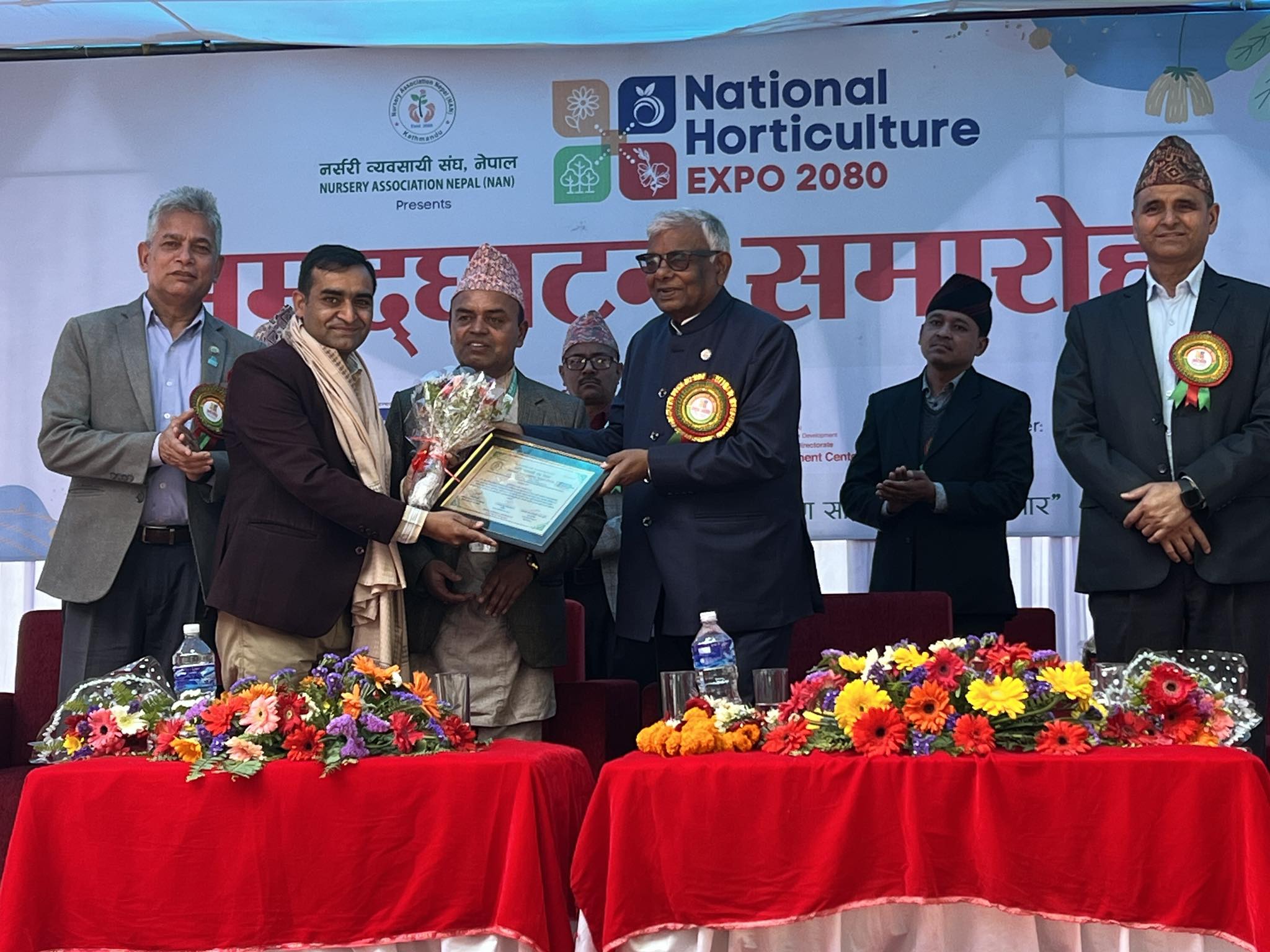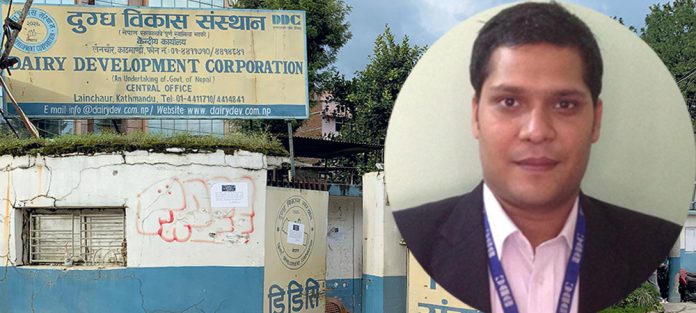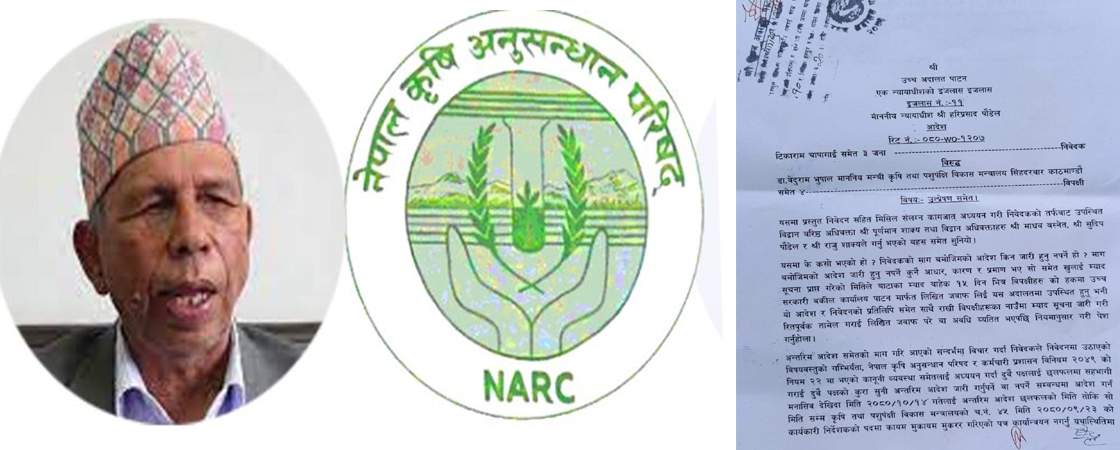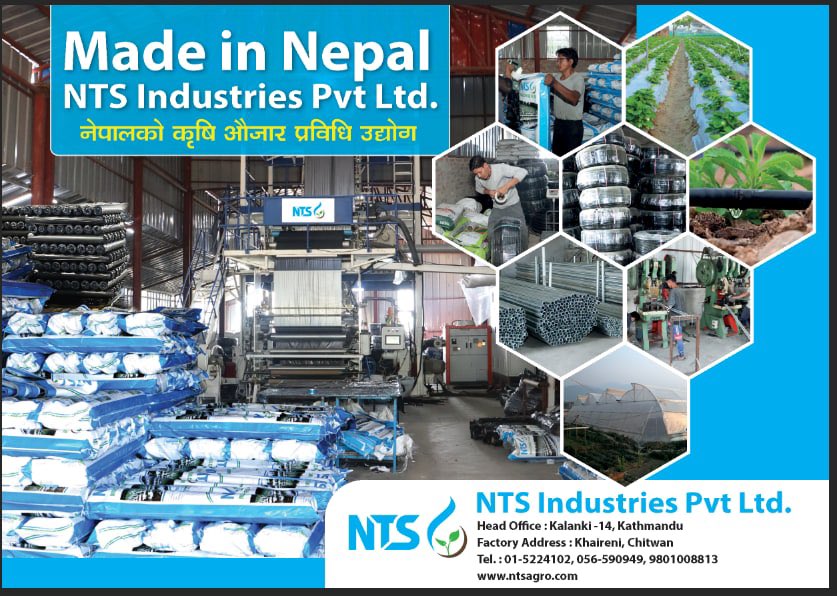Modern aquaculture techniques for fish production in Nepal started with carps in the early 1950s. Public sector institutions has developed and ratified a number of technologies for culture of carps, catfishes, trout through research and development. While some of these technologies are meant for small farmers and medium entrepreneurs, some others for large scale operations. On addition, community based aquatic resource management for conserving local germplasm and enhancing livelihoods of the wetland dependent marginalized communities have been one of the focus areas for fisheries research, extension, education and development. However, the aquaculture and fisheries sector in the country has been facing many challenges and issues which include resource competition need of more productive animal for ecoregions, biotechnology interface, underutilization of water resources, and underdeveloped disciplines related to aquaculture.
With increasing demand for food fish from aquaculture, and growing competition for resources, such as water, land, feeds and manure, there is a trend towards intensification of aquaculture systems. Opportunities and constraints of intensification of aquaculture systems need to be explored, with a view to providing appropriate technical guidance for sustainable intensification of food production using such systems. However, it is necessary to improve productivity by increasing our understanding and increasing inputs.
In the country, there is scope and good potential for culturing species other than carps. These include catfishes (Pangasiids and Clariids), trout, tilapia, sahar, silver barbs, giant freshwater prawn, and others. There is an increasing demand among consumers for high-quality, eco-friendly, and better market access of aquaculture products. Aquaculture is now considered as an important player in the national economy, specifically in terms of producing high nutritional value food for human consumption, and contributing to rural income and employment through farming and related activities. The long-term viability and sustainability of aquaculture, particularly in respect to commercial farming, has now become a critical factor in aquaculture development, in view of the increasing environmental and social concerns associated with the industry.
This convention with a theme “Emerging trends & challenges in aquaculture & fisheries” will serve as a venue for the sharing of knowledge and experiences on improved aquaculture and fisheries technologies and management system to address the need for ecologically, socially and economically sustainable aquaculture production processes which satisfy the nutrition and food security concerns in the country. The convention would cover major issues and recent technological advancements toward addressing the long-term viability and sustainability of aquaculture development, particularly in respect to commercial aquaculture.






Add Comment